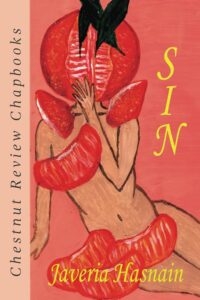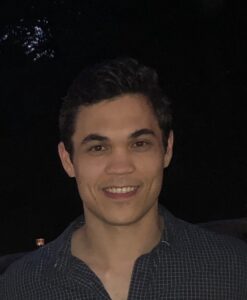Beyond the Black and White: Adding Depth and Complexity to the Short Story
by Tawnysha Greene
August 7, 2012
When describing characterization in fiction, Mark Twain says to illustrate the character fully—complete with flaws and imperfections because “everyone is a moon, and has a dark side which he never shows to anybody.” However, this strategy also extends to plot and the issues addressed therein, because more often than not, conflicts will have multiple sides and only when portrayed together can readers fully understand what is at stake. Especially important for controversial issues, this strategy adds greater depth and complexity to a story’s plotline and enables readers to see beyond the black and white to what is very often the grey area in-between.
Authors have successfully addressed delicate topics such as abortion and capital punishment in literary fiction and in doing so, have opened up the topics to become complicated subjects worthy of review. In Grist issue four, for example, Ryan Shoemaker addresses the issue of illegal immigration in his story, “The Crossing.” Chantel Acevedo explores theft and infidelity in “Papa’s Manuscript.” Amy Shearn examines extramarital sex and the resulting pregnancy in “Sale Sale: Human Hair.” While widely ranging in the topics addressed, these stories present multi-faceted views of the subjects at hand and do so in a way without bias or judgment—an important strategy to master in successful literary fiction.
Students can practice approaching these issues in the classroom from any number of exercises including the following: writing lists or charts that explore the motives for a character’s actions, writing scenes with a sub-text in mind that can influence the ways characters think or act, or writing the same scene in alternating points of view to better explore different perspectives. To make these exercises more interactive, students can work in groups and read their scenes aloud to one another and offer each other feedback as to the tactics they deem to be successful.
In the resulting stories that come about from these exercises, students should remember that context and background need not necessarily take up a large part of the plot, but they do need to be present to some extent, so that readers can achieve a better sense of the story as a whole. In doing so, students can better enable their stories to go beyond the surface, strengthening not only the plot, but the characterization as well.






